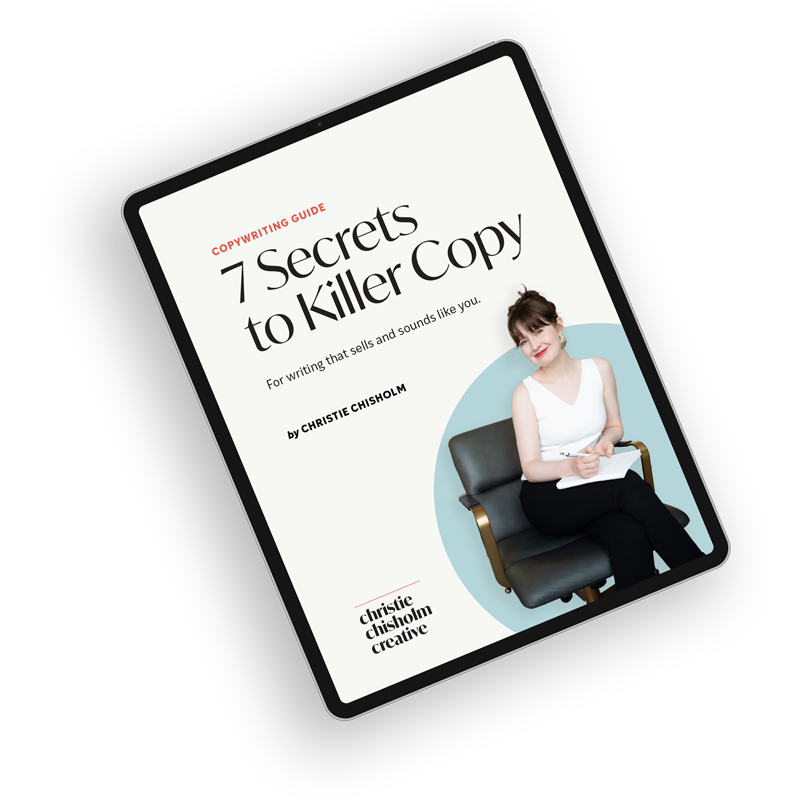One week ago, I sat on my bed crosslegged, face flushed with blue light from my laptop, really wondering if I was about to do something humiliating. Or if not humiliating, pretty damn embarrassing. When I clicked “send,” I think I held my breath. Then I made the kind of sound a person makes when they know something big is coming—a kind of high quiet groaning, the sound my dog makes when he wants something I can’t deduce. I thought about having to see my coworkers the next day, imagined my family members reading what I had just ejected into the ether, considered past and present and future love interests scanning those words. Gahh. It was torturous.
I started this project close to two months ago now, as nothing more than an exercise and an outlet. I missed writing. I didn’t make time for it anymore. I knew if I left myself to my own devices and continued to tell myself that someday soon I would wake up an hour earlier every day and start writing that book I had been thinking about for four years and, actually, my entire life, that I would probably never do it. So I asked others to hold me accountable by subscribing to a weekly letter. A letter isn’t a book. A letter is simple. A letter is something you can write throughout the week or in one great, long breath. And if a few people expected it at a certain time on a certain day—well, that I could do. And I have loved it.
Last week I had written a letter to this end, about the deeper as well as more superficial reasons I had decided to do this when I did. I still have it, sitting here, and it will have its day. It’s called “Dear Norman,” and that name will make sense once you read it (and I hope that you do read it). I had sketched and inked a little portrait to go along with it. All ready to go. But then that video about Donald Trump came out. As Michelle Obama said in her remarkably potent speech just a few days ago, his words in that video affected me in a way I did not predict. I couldn’t shake it.
You don’t always want everyone in your life to know your vulnerabilities. Even though we all have them. Even though they make us human.
What I really couldn’t shake was a discussion I got into on Facebook with an older male relative—a relative I love and admire. We come from different ends of the political spectrum, and he was doing was he always does, and what is a totally acceptable and even progressive thing to do: stating his case, making his points, debating the merits from his standpoint. Nothing wrong with that, not even a little. We should all engage more with each other on our political views, especially when they differ. How else are we to understand each other? How else to prevent someone from being labeled in our subconscious lexicon as “other”? How else to breed respect among the difference?
Yet I found it increasingly difficult to explain why Trump’s comments meant so much, why out of all of the hateful, virulent things he’s said, these few words were the tipping point. The reason it was so hard for me to explain is because the reality I operate in—that all women operate in—is profoundly different from that of men. How do you explain to a fish what it feels like to breathe?
The other side is also true, of course. Both sexes live in realities that can only be partially understood by the other. I don’t know what it feels like to be a man. But I am interested in learning.
So last week I couldn’t send “Dear Norman.” Last week a friend encouraged me to write about all of those feelings instead. And she was right.
Logic is not absent from feelings. Feelings are often—usually, even—based on experience, which is very real, absolutely tangible. And so I wrote a about my experience, which is not so different from that of many women. It is steeped in harassment, verbal abuse, sexual assault, intimidation, and belittlement. It was a little scary to write and momentously scary to send. You don’t always want everyone in your life to know your vulnerabilities. Even though we all have them. Even though they make us human.
Last week was a lesson in speaking my mind, in understanding that to be vulnerable is not to be weak. It was also a lesson in how many people are grappling with these same emotions, experiences, and divides in communication.
Last week I had 124 subscribers to my little letter. I figured maybe half would read it. But it resonated with people in a way I did not predict, in a way that leaves me both stunned and grateful. As of writing this, more than 400,000 people have read that letter. It has been shared on Facebook 2,178 times. There are now more than 1,100 of you subscribed this list. And every time I check, those numbers grow. Many of you have written to me and shared your own experiences. A number of people have simply said “thank you.” That’s what is most striking to me. Because I am the one who is thankful—for not being judged, for in fact being embraced, and, most of all, for being heard.
The response that letter received is a testament to how ready we are for change, how much we all want to be heard. It makes me feel like something good is on the horizon.
To all of you reading this: Thank you. This project is still new and finding its form, but I hope that you enjoy both what it is and what it becomes.






0 Comments